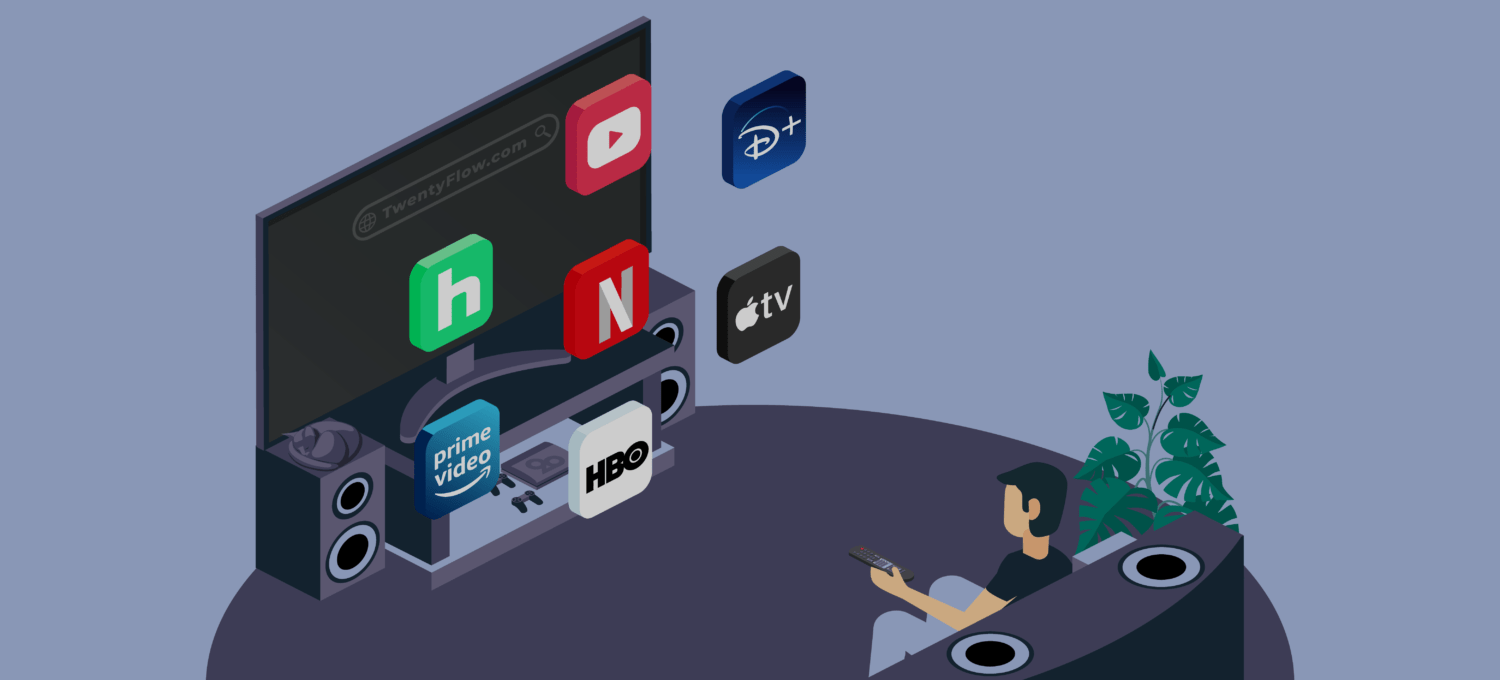In the old days, getting untangled from the wrath of cable TV (and the annoying commercial breaks) was easy; just get a Netflix subscription. Most movies and TV shows were on there, and life was simple. But now it seems like every studio is launching it’s own streaming service to host it’s content.
New services from Disney, NBC, CBS, HBO, and many other studios are starting to pop up, and it’s getting cluttered. With articles about new streaming services blowing up your news feed every other week, you might wonder: back in the day, I only had Netflix, but why are new ones from all companies springing up now?
Someday soon, you will have to pay for more streaming services to get the same amount of content you are getting now. With the rise of service-exclusive content, it is hard for a consumer to keep up and enjoy all the movies and TV shows.
Why is this happening?
Netflix started the whole “Streaming Service” industry, but it was not always like that. The company used to ship out individual DVDs to customers who ordered them online, just like Amazon did for books.
In 2009 Netflix started acquiring licenses from different movie studios. It launched its online streaming service, where people can go online and watch shows to their heart’s content without waiting for a DVD to be mailed to them.
Netflix is rising in popularity, with 30 million new users just in 5 years, and cable TV is losing subscribers every year. It took some time for Netflix to get popular and become the standard for streaming content. Licensed content makes up 80% of what people watch, with easy access to streaming.
Access to the streaming market is essential for studios, as streaming platforms are where the viewers are. It was heaven for consumers, and everything was perfect until Studios wanted a piece of the streaming pie for themselves.
Seeing Netflix’s success, studios decided to grab a piece of the pie by making their own streaming services where they will have movies and shows hosted exclusively.
For example, Disney is launching its new streaming service called Disney plus this year, and it will directly compete with Netflix. It’s a little late to the streaming game but will compete head to head with all the others because of it’s massive catalog of shows, movies and Disney classics.
Disney owns Pixar, marvel, 20th-century fox, Lucas films, ABC Studios, ESPN, and Nat Geo. So it has a massive array of content that will be pulled from others (like Netflix or Hulu) and will only be available on their own platform, Disney plus.
Recently Apple released its own streaming service called Apple TV+, accessible from November 1st. At $4.99/mo, it offers a variety of apple originals and new ones every month.
YouTube has YouTube premium, which offers a great catalog of YouTube originals and premium content ad-free at $12/mo. Adding to that that it also provides YouTube music on demand and occasional movie streaming, all included.
Amazon Prime includes free shipping, fast service, premium music, and video-on-demand service, all in one package at $12/mo. So Netflix and Hulu (which only have Streaming) have fierce competition.
Because of the growing competition, Netflix realized that licensed content on their platform is not future-proof, so they started making Netflix originals like stranger things and other popular movies and TV shows exclusively available on their platform. This ensured that if a user subscribed to watch another TV show or movie, they would eventually stick around for a vast library of exclusive content on Netflix (same goes for Hulu).
How does it affect me?
As studios and companies create more streaming services and subscription models, we, as general consumers, are at a significant disadvantage. It would take more money from our pockets to stream and watch the same movies and TV shows as before. Services are becoming more and more like cable TV, bundling everything into packages and having different services for different content, just like channels.
Platforms like Netflix and Hulu started out to bring us salvation from cable TV, but it seems like we are going back. Only time will unveil the fate o streaming services.
